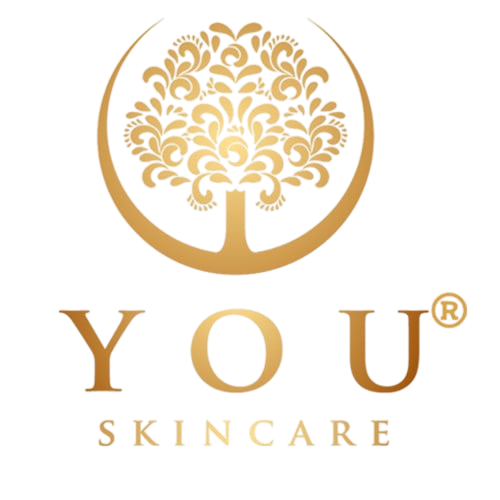November 20, 2024
Your skin is an incredible organ—it protects you from external harm, maintains moisture, and plays a crucial role in overall health. One often overlooked aspect of skin health is pH. The term “pH” refers to how acidic or alkaline a substance is, measured on a scale from 0 (most acidic) to 14 (most alkaline). The skin’s pH typically sits between 4.7 and 5.9, meaning it is slightly acidic.
This slight acidity, known as the “acid mantle,” is essential for skin health. It provides a hostile environment for harmful bacteria while supporting beneficial skin flora. Understanding and maintaining your skin’s natural pH is key to achieving clear, radiant skin.
Your skin’s pH influences everything from moisture retention to its ability to fend off harmful pathogens. A balanced pH maintains the integrity of the skin barrier, allowing it to perform functions such as:
Research has shown that a disrupted skin pH can lead to various skin issues, including acne, eczema, and atopic dermatitis. For example, Propionibacterium acnes, the bacteria involved in acne, thrives when the skin’s pH shifts toward the alkaline side.
Age, Gender, and Skin pH: Studies indicate that the skin pH tends to be more acidic in younger individuals, while older adults may experience a shift towards a higher pH due to decreased oil production. Additionally, men often have a lower skin pH compared to women, which may be linked to differences in sweat gland activity and sebum production.
The skin's microflora consists of beneficial bacteria that contribute to its health by maintaining the acidic environment. These resident bacteria, such as Staphylococcus epidermidis and Propionibacterium acnes, help protect against more harmful microorganisms. The acidic byproducts of their metabolic activities, such as free fatty acids, contribute to the skin’s low pH.
The Protective Function of the Acid Mantle:
A study examining skin pH after refraining from showers and product use for 24 hours showed that the natural pH dropped from an average of 5.12 to around 4.93. This supports the idea that harsh cleansers or excessive cleaning can elevate the skin’s pH.
Acne and High pH: Acne-prone skin benefits from a slightly acidic environment. When the pH is too high, it creates a more favorable condition for the growth of acne-causing bacteria.
Eczema and Barrier Dysfunction: Eczema-prone skin often has a higher pH, which compromises its barrier function and leads to flare-ups. Restoring a slightly acidic environment can help manage symptoms and improve skin health.
Aging and pH Shifts: As we age, our skin tends to become more alkaline, contributing to dryness and reduced elasticity. Using pH-adjusted products can help slow down this process and keep the skin firm and hydrated.
Myth: All soaps are harmful to the skin’s pH. Truth: Not all cleansers are bad. The key is to choose soaps that are pH-balanced and free of harsh chemicals.
Myth: Drinking water directly affects skin pH. Truth: While hydration is important for overall skin health, it does not directly alter skin pH. Instead, a well-hydrated body helps support skin functions.
Maintaining the natural pH of your skin is essential for keeping it healthy, hydrated, and clear. Choosing skincare products that are pH-balanced can help maintain your skin’s acid mantle and overall health. At YOU Skincare, we prioritize products that align with your skin’s needs. Visit www.youskincare.us to explore a range of gentle, pH-friendly products crafted to support and protect your skin’s natural balance. Embrace radiant, resilient skin with the right care and products from YOU Skincare.
Comments will be approved before showing up.
April 07, 2025
Many of us dream of having bright, radiant skin that glows with health. Skin brightening treatments have become increasingly popular as they help reduce dark spots, even out skin tone, and restore a youthful appearance. Modern skin brightening treatments work by targeting melanin production, removing dead skin cells, and promoting cell turnover to reveal fresher, more luminous skin underneath.
January 28, 2025
Finding the right face mask for sensitive skin can be tricky. Many masks contain strong ingredients that may irritate delicate skin. But don't worry - there are great options out there.
January 27, 2025
Oily skin can be tricky to manage, but hyaluronic acid might be the secret weapon you've been looking for. This powerful skincare ingredient is known for its ability to hydrate and plump the skin. You might think adding moisture to oily skin is counterintuitive, but it's actually quite beneficial.
